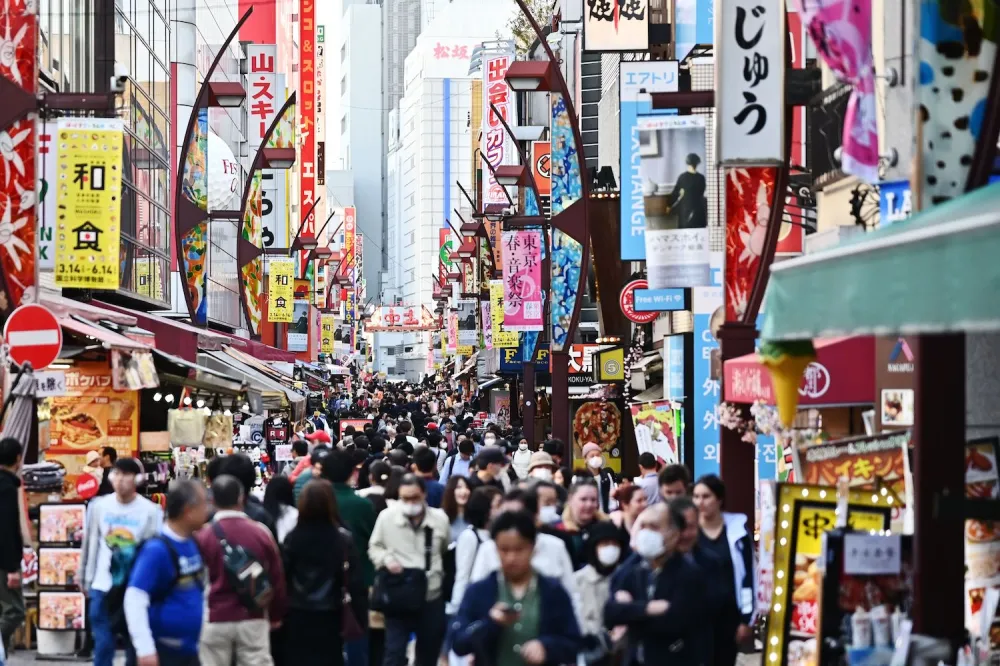Tokyo, 3 February, /AJMEDIA/
Member states of the United Nations on Thursday called on Japan to improve its treatment of migrants and asylum seekers, including those in detention facilities, and set up a domestic institution to monitor human rights in the country.
These points were among the nonbinding recommendations released by a working group under the world body’s Human Rights Council. Japan will respond to the suggestions before the council formally adopts a document on the issue later this year.
The recommendations in the Universal Periodic Review called on Japan to deal with applications promptly and appropriately, and to set a maximum term for detention by the government.
Japan should also improve the medical care system within immigration detention facilities and avoid holding immigrants for unnecessarily long periods, the working group’s document said.
In the review, the Netherlands referred to the death of a Sri Lankan woman in an immigration detention facility in March 2021, which the victim’s family says happened due to a lack of adequate medical care.
Takao Imafuku, deputy chief of the Japanese Foreign Ministry’s Foreign Policy Bureau, told the panel that Japan takes the case “very seriously” and will continue strengthening the medical system in immigration detention facilities.
Amnesty International Japan and other rights groups often criticize Japanese authorities, saying that asylum seekers face arbitrary detention and lack due process in their claims.
A controversial bill is being compiled in Japan that would allow asylum seekers to avoid deportation during the application process only twice in principle. The bill to revise the Immigration Control and Refugee Recognition Act is likely to be submitted to parliament later this year, even though a similar bill was scrapped in 2021 due to criticism.
Some of the recommendations urged Japan to improve the working conditions of foreign and migrant workers, including technical interns, and prevent abuse against them.
Imafuku told the body that Japan has introduced on-site inspections and a consultation service for such workers.
Japan is expected to say which of the recommendations it will adopt at a monthlong plenary session of the Human Rights Council starting in June.
Among other recommendations were the abolition of the death penalty, efforts to enhance women’s participation in decision-making and reduction of the gender pay gap.
All 193 U.N. member states have their human rights records examined by the working group about every four years. The latest was Japan’s fourth review, with the previous one taking place in 2017.









































